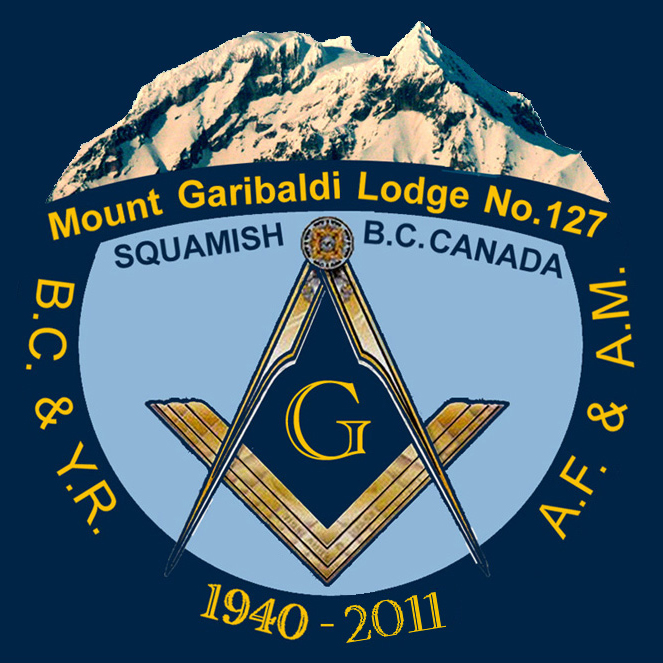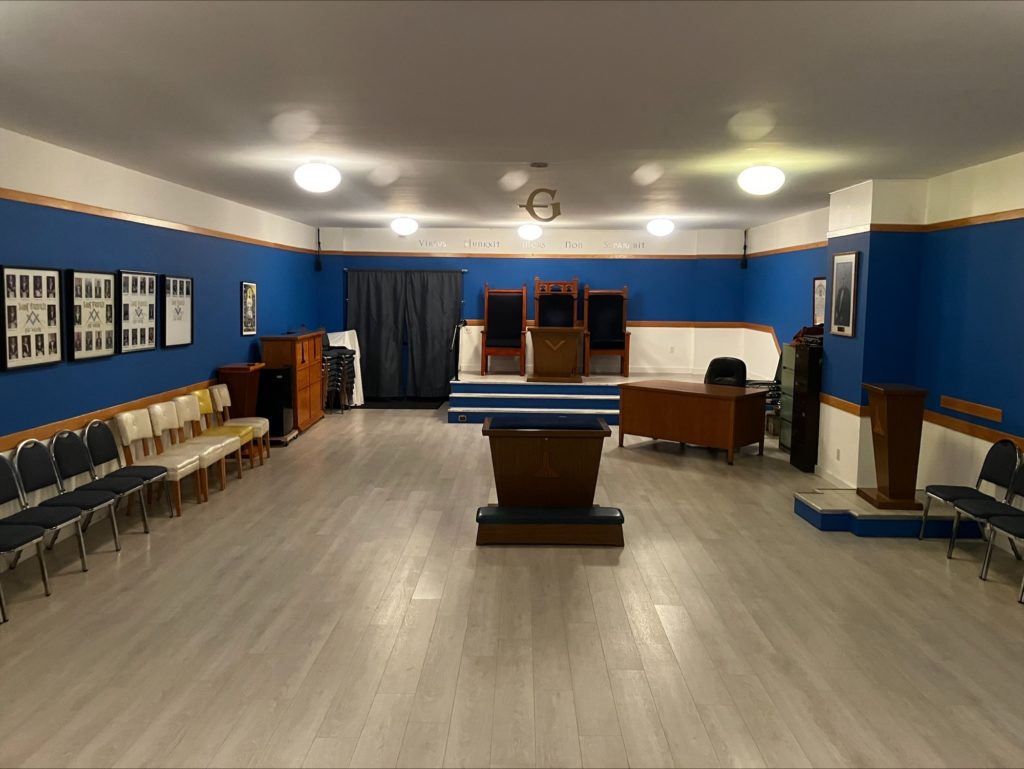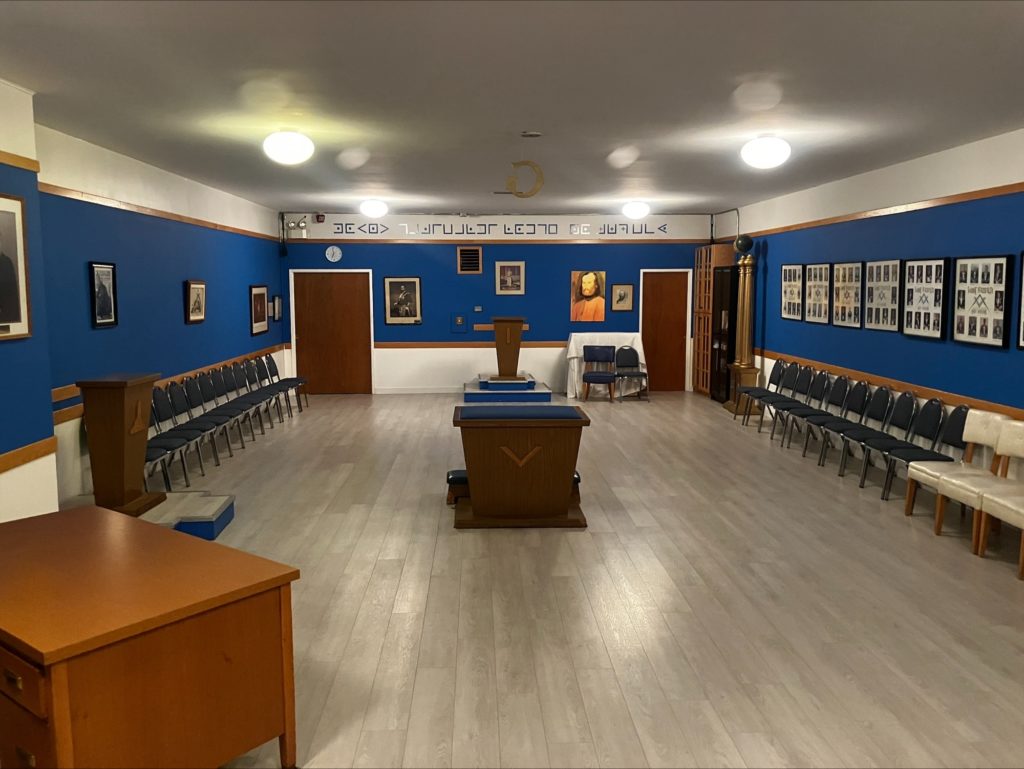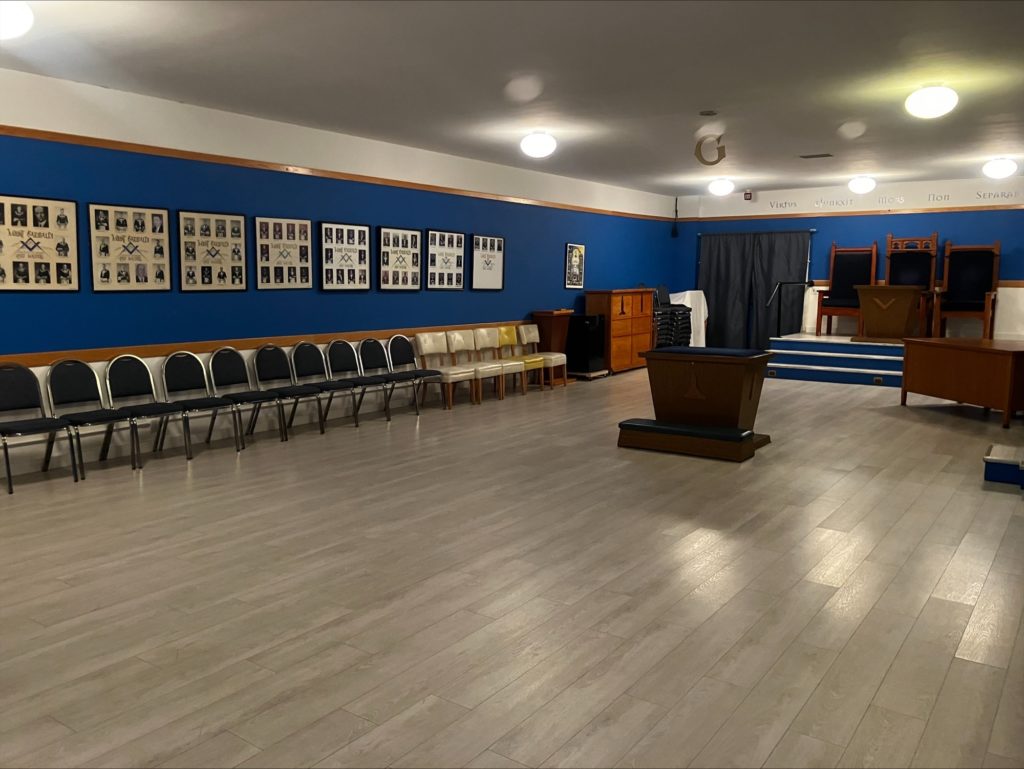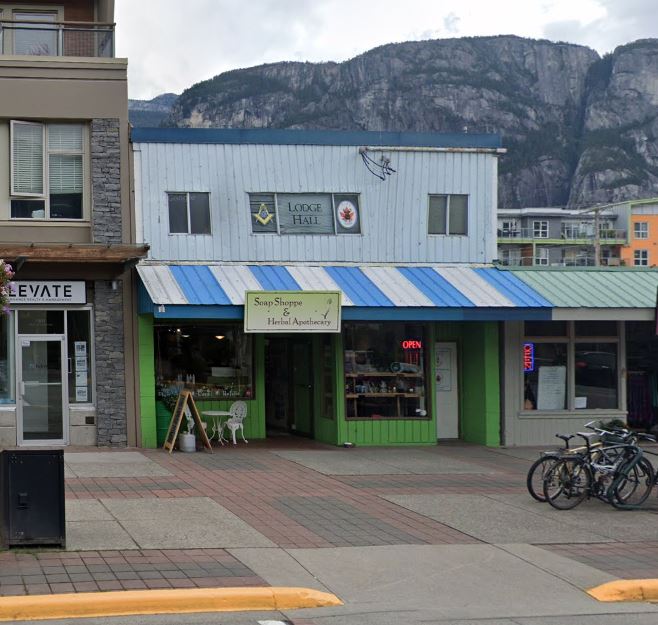
- Details
- prev
- next
- Share
- Get directions
- prev
- next
About the Lodge
Mount Garibaldi Lodge No. 127
Location
38140 Cleveland Avenue, Squamish, British Columbia V8B 0P1, Canada
Province
Lodges that meet here
Mount Garibaldi Lodge No. 127
On October 22, 1920, the District Deputy Grand Master for District 13 visited Squamish at the head of Howe Sound at the request of a number of Freemasons, and held a meeting at which fifteen brethren were present and exemplified their work to his satisfaction. The District Deputy Grand Master made a favourable report to the Grand Master, who issued the dispensation on January 21, 1921, and the District Deputy Grand Master instituted the Lodge on February 15, 1921.
The District Deputy Grand Master visited the Lodge again on May 4, 1921 and was so well satisfied with the arrangements there that he recommended that Grand Lodge order the issuance of a Charter. The dispensation was continued for another year. At the Annual Communication of Grand Lodge in June, 1922, neither the Grand Master in his address, the District Deputy Grand Master in his report, nor the Committee on Warranted Lodges made any reference to the Lodge at Squamish, while the report of the Grand Secretary stated: “about the time of the annual Communication, however, the Worshipful Brother named as Master of the Lodge left the neighbourhood, and about the same time it was discovered that the Brother who occupied the Senior Warden’s station was a suspended Mason.
For these reasons the dispensation was not sent back to the Lodge, and is now in my possession.” Again, at the Annual Communication in June, 1923, the only reference to the matter is to be found in the Grand Secretary’s report: “since the previous Annual Communication the affairs of Garibaldi Lodge have been wound up, as directed....”
On December 5, 1939, the Grand Master issued a dispensation for a Lodge to be named “Mount Garibaldi’. Owing to the absence of the District Deputy Grand Master, the Lodge, at the request of the Grand Master, was instituted by the Deputy Grand Master on December 16, 1939.
The Lodge, while under dispensation, was visited by the District Deputy Grand Master on May 4, 1940. The Lodge assured him that a loyal feeling existed and that it was the hope of some twenty-five brethren at Squamish that their prayers would be answered and that they might be constituted in June of that year. The Committee on Warranted Lodges recommended that a Charter be issued, and Grand Lodge approved on June 20, 1940. The Grand Master constituted Mount Garibaldi Lodge No. 127 and installed the officers on July 3, 1940. The Lodge took its name from the giant peak of the same name located in Garibaldi National Park, which in turn was named for the great Italian patriot and soldier, Guiseppe Garibaldi. The Lodge adopted the Canadian ritual for its work.
The problems which had dogged the efforts of the brethren to establish a Lodge in Squamish in earlier years had evaporated. Insofar as the Grand Lodge proceedings are concerned there is no reference to the matter from 1923 to 1940, and to all intents, it would appear that the application for a new dispensation was made in a normal manner.
Guiseppe Garibaldi
Many have enquired from time to time as to why a Masonic Lodge should take the name of an Italian patriot, and why was Eli Harrison, Sr., so attached to Garibaldi. Part of the answer may be found in the Illinois Masonic Enlightener: “Guiseppe Garibaldi (1807-1882), Italy’s national hero, for his success in unifying Italy in 1860, is honoured by Freemasonry for performing the same services for the Craft. He brought about the consolidation of all Grand Lodges of Italy in 1865, and was elected Grand Master for life. Speaking on one occasion, he said: “Wherever there is a human cause, we are certain to find freemasonry, for it is the fundamental basis of all true liberal associations.’ This explains why, in his military career, devoted to freeing his country, he surrounded himself with freemasons. This, no doubt, is also the reason he tried so hard to persuade Eli Harrison to return to Italy and join his cabinet when he came to power. Every piece of evidence points to the fact that these two Freemasons had a common cause for humanity.

